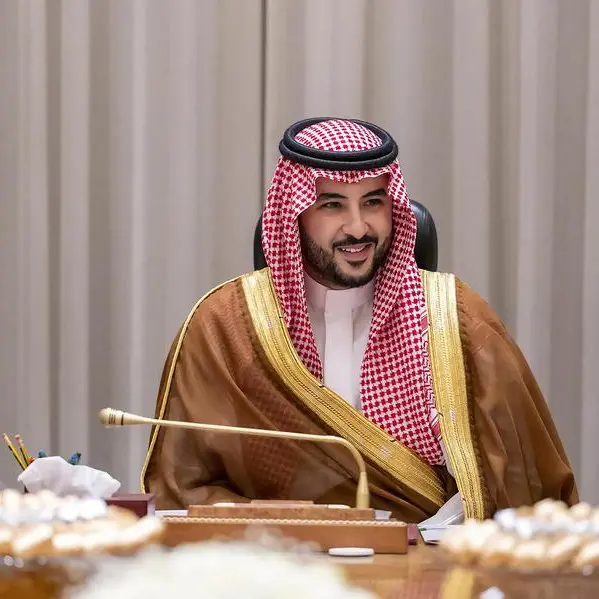PHOTO
The Gulf Cooperation Council (GCC) region will have an overall fiscal surplus of $100 billion in 2022, as reforms have allowed countries to save far more resources than in previous growth periods.
Analysis by the International Monetary Fund (IMF) said that the rise in expenditures, particularly on wages, has been contained so far, as the region’s governments have carried out reforms to allow them to save resources amid rising hydrocarbon prices.
GDP growth in the region is expected to double this year, reaching 6.5%, and countries should maintain their reform momentum irrespective of hydrocarbon prices, the fund said.
It said that surging commodity prices have limited the Russia-Ukraine war economic spillovers for Gulf countries, allowing for a more positive outlook than in other regions.
Having experienced distinct periods of rising oil revenue throughout their histories, countries have tended to deepen their dependency on oil and gas, including increasing wages and hiring in the public sector during those times, for example between 2002 and 2008, and between 2010 and 2014, the IMF said.
However, countries in the region will save far more resources than they did during previous hydrocarbon booms because of fiscal and structural reforms.
“In 2022 alone, the overall fiscal surplus will amount to over $100 billion, as the rise in expenditures—particularly on wages—remains contained so far,” the fund said in a country focus update.
The fund said that risks, including a slowdown in the global economy, are still on the horizon, hence reform momentum should be maintained.
It recommended several measures, including targeted support for the most vulnerable and leveraging progress from digitalisation.
Non-oil revenue should be mobilised, and the energy subsidy phase-out continued, in order to support efforts to mitigate climate change, reduce public sector wage bill and increase spending efficiency.
The fund also said a proper assessment of the fiscal stance will require fully incorporating GCC sovereign wealth funds’ operations, given their role in diversifying savings from oil revenues and their involvement in national development strategies.
High oil prices and abundant liquidity are facilitating credit expansion, and shielding banks from tighter global financial conditions, but bank soundness should continue to be carefully monitored, the fund said.
(Reporting by Imogen Lillywhite; editing by Cleofe Maceda)





















